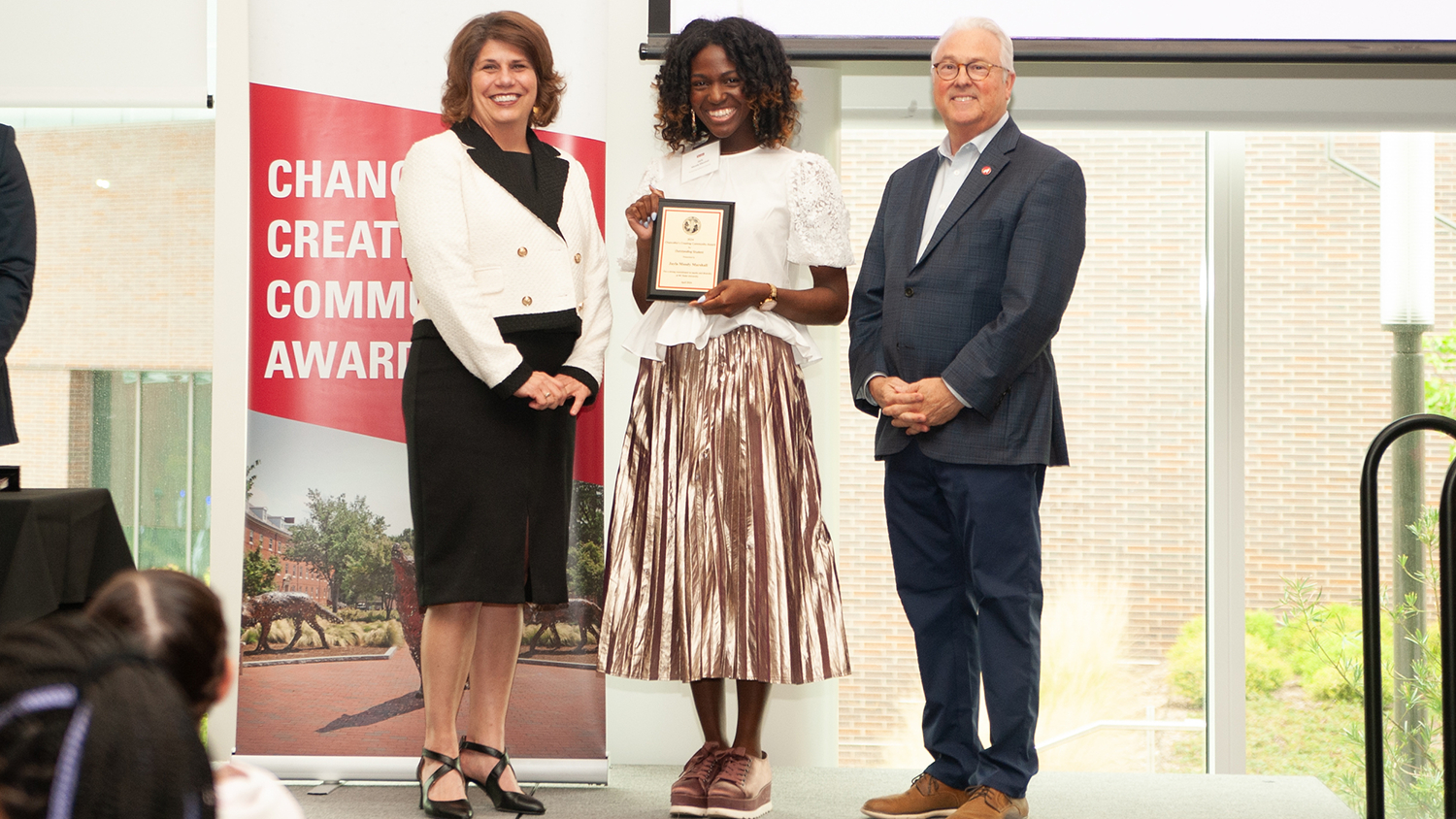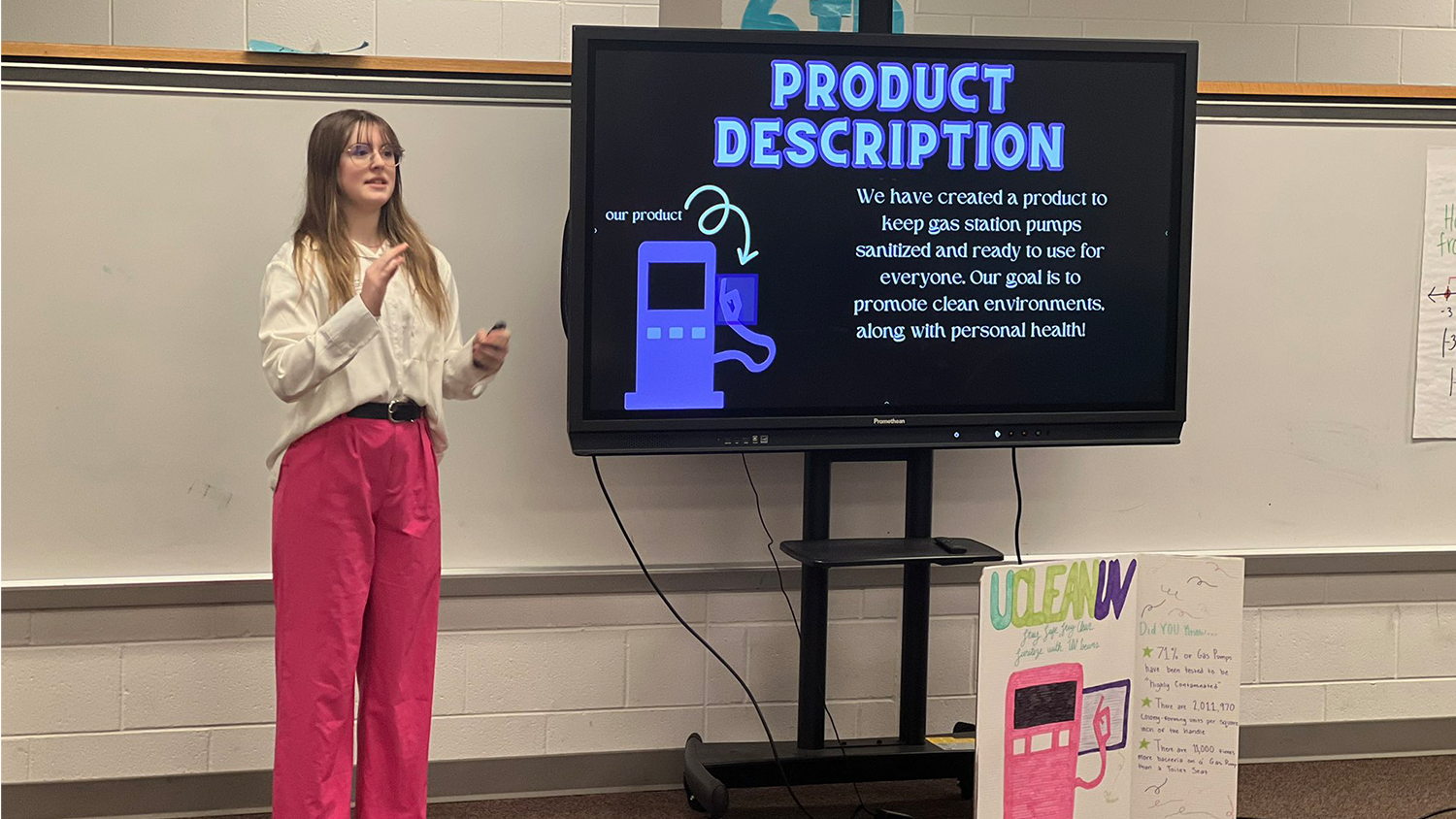Storm to Storm: How One N.C. Educator Uses Lessons Learned From Katrina in the Wake of Florence

After his second term as the superintendent for public instruction for North Carolina, Michael Ward ’77BS, ’81MS, ’93EDD, moved to Mississippi with his wife Hope when she accepted her appointment as the state’s United Methodist bishop. A year into their move, Hurricane Katrina made landfall there.
As a professor of educational leadership at the University of Southern Mississippi, Mike Ward witnessed Katrina’s devastation on the university’s campus and in surrounding communities. He sought ways to support his community and use his academic research skills to help those experiencing displacement for the weeks and months after the storm.
He conducted research through the University of Southern Mississippi and the Rand Gulf State’s Policy Institute on Katrina’s impact on school-aged children and how school systems can best respond to times of crisis.
He discovered children displaced by the storm performed at a lower standard and were more susceptible to negative behaviors than children who were not displaced. He and Kyna Shelley published Hurricane Katrina: A Longitudinal Study of the Achievement and Behavior of Displaced Students in 2008.
So when Hurricane Florence threatened the coast of North Carolina nearly a decade later, he knew he had to act.
Fast Action Leads to FAST NC
Now back in North Carolina and serving as a member of the NC State College of Education Board and a professor of practice in the Department of Educational Leadership, Policy, and Human Development, Ward approached a group of current and former state education leaders and members of the State Board of Education with an idea to come together to create Florence Aid to Students and Teachers of North Carolina (FAST NC), an initiative to raise funds and supplies for North Carolina’s public schools first announced in mid-September.
Using a new website and an existing charitable fund established by the State Board of Education, FAST NC is able to accept monetary donations in which gifts can be tax-deductible.
The funds are then distributed to meet requests submitted from educators and administrators in the 28 counties that were declared federal disaster areas in the wake of Hurricane Florence. These funding requests must have the approval of their local superintendent or charter school director.
“We want to be nimble enough to respond quickly but also balance it with a layer of accountability so that we are being good stewards of the funds we receive and respecting those who donate,” Ward said.
Helping the students and educators who face a long recovery from the impact of a major devastation like Hurricane Florence, which made landfall as a Category 1 storm with a life-threatening storm surge, was the top priority, Ward said. There was no place for conflict or political divides.
In addition to Ward, the steering committee is made up of former N.C. State Superintendent June Atkinson ’96EDD; current N.C. State Superintendent Mark Johnson; former N.C. State Board of Education chair Phil Kirk; current N.C. State Board of Education Chair Eric Davis; and former U.S. Assistant Secretary of Education Henry Johnson ’90EDD.
“Knowing that the hurricane winds, floods and water have changed the lives of many children and educators for many years to come compelled me to answer Mike Ward’s call to be a part of FAST NC,” Atkinson said. “Although FAST NC did not have a name when he called, I knew that by working together with the State Board of Education, Department of Public Instruction and many other partners we could help affected children and educators face another day of struggle in rebuilding their lives.”
FAST NC also provides resources to help replenish classrooms in the hardest hit communities. The initiative also continues to assemble a coalition of partner allies, including the State College of Education, to assist educators and students as they return to school, ensuring they have adequate resources to do so successfully.
“I knew it was important for people to come together quickly,” Ward said. “It’s really inspiring to see people come together to help those in need.”
- Categories:


